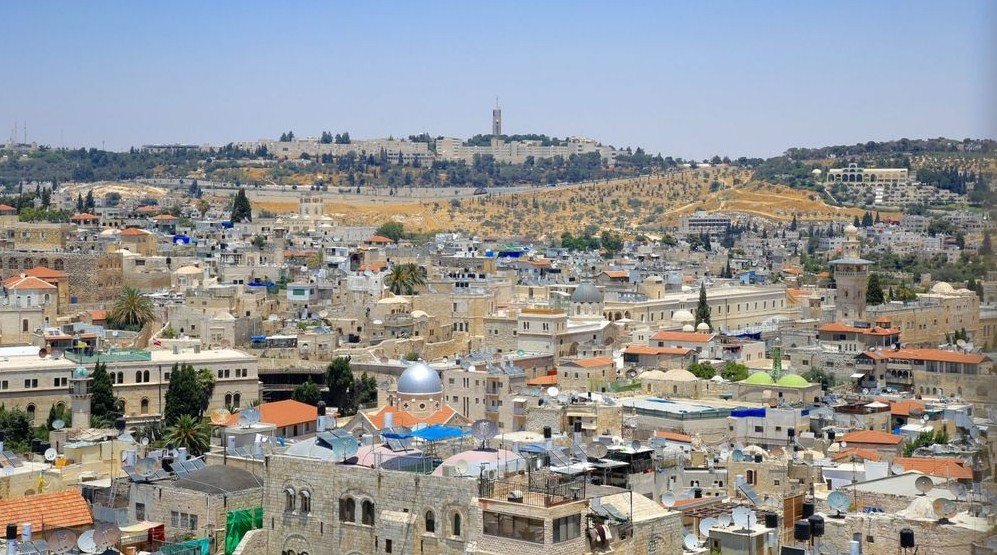A Five-Year Plan to Develop East Jerusalem
As part of a five-year plan to develop East Jerusalem, Israel has opened a new high-tech hub that aims to boost employment for Palestinians. The hub, named Eastech, is located in the Wadi Joz neighborhood, which is home to a Palestinian commercial and industrial area. The hub is the first step in a larger program to turn East Jerusalem into a local version of California’s Silicon Valley.
The five-year plan, which was announced by the Jerusalem municipality in July 2023, includes investing $200 million in infrastructure, education, culture, and sports in East Jerusalem. The plan also aims to create 10,000 new jobs in the high-tech sector for Palestinians, who make up about 40% of the city’s population but suffer from high unemployment and poverty rates.
The Benefits of Eastech for Palestinians
Eastech is designed to provide a platform for Palestinian entrepreneurs, programmers, and tech professionals to launch their startups, find investors, and access training and mentoring. The hub offers co-working spaces, meeting rooms, labs, and equipment for rent at subsidized prices. It also hosts events, workshops, and courses for the local community.
According to the hub’s website, Eastech’s vision is to “create a vibrant and innovative high-tech ecosystem in East Jerusalem that will contribute to the economic and social development of the city and its residents”. The hub hopes to attract both local and international partners and clients, as well as foster collaboration and integration between the Palestinian and Israeli tech sectors.
One of the hub’s tenants is QudraTech, a Palestinian company that develops software solutions for e-commerce, education, and health. The company’s founder and CEO, Mohammad Abu Hmeid, said that working at Eastech has helped him grow his business and network with other professionals. He also praised the hub’s location, which is close to the Old City and the main transportation routes.
The Challenges and Opportunities of Eastech
Despite the potential benefits of Eastech for Palestinians, the hub also faces some challenges and controversies. Some Palestinians have criticized the project as a form of normalization with Israel, which has occupied East Jerusalem since 1967 and annexed it in 1980. They argue that the hub legitimizes Israel’s control over the city and undermines the Palestinian claim to it as their future capital.
Another challenge is the lack of recognition of Palestinian diplomas and certificates by Israel, which limits their employment opportunities in the Israeli market. Moreover, many Palestinians face difficulties in obtaining permits and visas to travel to Israel or abroad for work or education.
However, some Palestinians see Eastech as an opportunity to improve their living conditions and advance their careers. They also hope that the hub will create a positive impact on the society and the environment in East Jerusalem, which suffers from neglect and discrimination by the Israeli authorities.
Eastech’s director, Sami Abu Dayyeh, said that he believes that the hub can be a bridge between Palestinians and Israelis, as well as a catalyst for change and innovation in East Jerusalem. He said that he wants to “show the world that there is another side to this city, a side that is creative, dynamic, and hopeful”.

